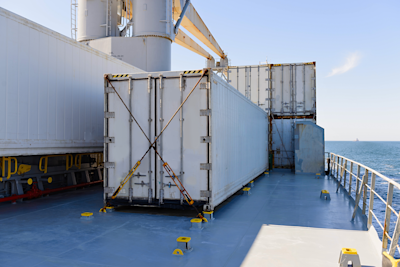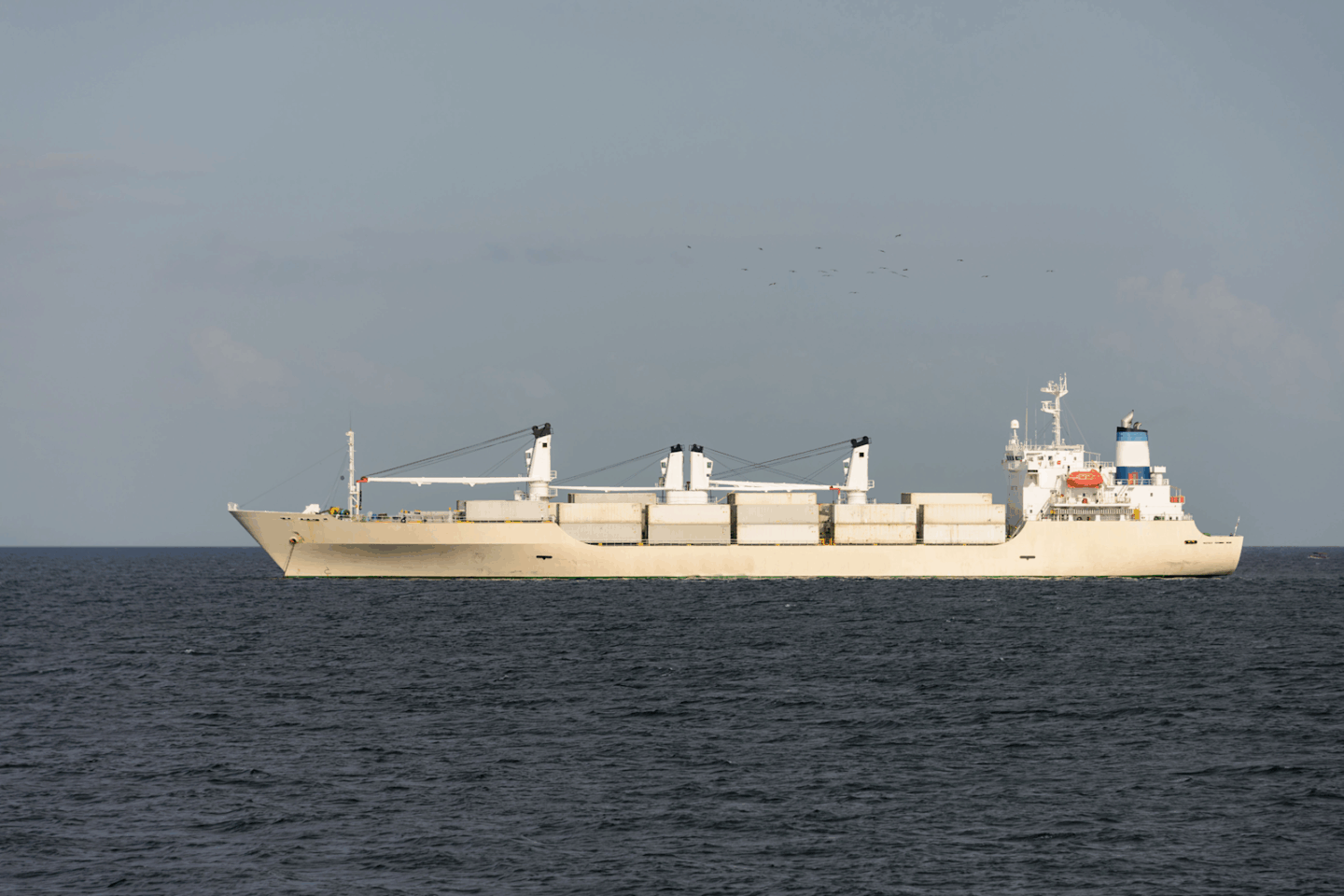Introduction
Reefer ships, specifically designed to transport temperature-sensitive goods, play a pivotal role in the global cold chain logistics. From Californian strawberries bound for European markets to South African grapes destined for Scandinavia, reefer vessels cater to a diverse array of perishable cargo, including foods, flowers, and medical vaccines.
Given the unique cargo requirements and the delicacy of these voyages, precise and streamlined planning is paramount to ensure that cargo arrives in pristine condition. In this article, we delve into the significance of meticulously planned reefer ship voyages, highlighting the importance of streamlined voyage planning, stringent cargo maintenance procedures, and flexible data integration.
Streamlined voyage planning: a must for reefer ships
Detailed voyage planning is crucial for reefer transport due to the cargo’s time-sensitive nature and the need to maintain an unbroken cold chain. Perishable goods have limited shelf lives, and any transportation delay can degrade their freshness and quality. For instance, transporting French cheeses to Japan demands meticulous route planning for optimal quality delivery. Navigating regions with favourable conditions and efficient port facilities is essential.
Reefer vessels operate under strict time and temperature constraints to preserve the cargo’s integrity from origin to destination. Meticulous planning ensures minimal transit times, maximising distribution availability while maintaining freshness.
Weather conditions also play a significant role in reefer voyages. Route planning must consider weather forecasts to avoid regions with potential risks to cargo safety and quality. Additionally, suitable port facilities are vital for smooth cargo handling and reduced turnaround times. Temperature control remains a top priority throughout the entire voyage with continuous monitoring and adjustments to maintain the permissible range.
LR OneOcean’s navigation solution is a comprehensive tool for secure, efficient maritime navigation. It includes modules for route optimisation, weather analysis, charts, and more, ensuring diligently-planned, compliant voyages. Connecting ship and shore operations, it enhances coordination as well as strengthening safety, efficiency, and environmental responsibility.

Stringent cargo maintenance: ensuring pristine cargo arrival
Reefer ships are equipped with advanced temperature control systems to maintain the cargo’s ideal conditions throughout the journey. However, even the slightest temperature variation can lead to spoilage or degradation of the perishable cargo. This highlights the critical importance of robust document management systems on board, ensuring that crew members have instant access to cargo-related procedures, guidelines, protocols, and checklists.
For instance, when transporting Argentinian steaks bound for London restaurants, the crew must be well-trained to efficiently monitor and manage the temperature control systems throughout the voyage. This meticulous cargo maintenance guarantees that the steaks arrive in prime condition, satisfying discerning customers’ expectations.
Moreover, proper ventilation systems play a crucial role in preventing the build-up of gases or humidity within the cargo holds. Reefer vessels undergo inspections to assess the effectiveness of their ventilation systems, ensuring they facilitate proper air circulation and prevent condensation, which could lead to mold or deterioration of the cargo.
OneOcean’s Document Management solution simplifies maritime documentation, ensuring compliance and efficiency. It centralises digital documentation for voyages, crews, vessels, and cargo, replacing complex paper trails. This streamlined approach saves time, reduces errors, and meets audit requirements effectively. For reefer vessels, it allows crews aboard to be clear and unified in their approach to maintaining all the onboard systems that keep cargo safe, secure, and cold.
Flexible data integration: empowering reefer ship operations
Access to real-time data on navigational factors, environmental regulations, and global port facilities is indispensable for complex voyages. The integration of such data into the voyage planning process empowers crews and shoreside teams to make informed decisions, adapt to changing conditions, and optimise the journey.
API solutions, such as those provided by OneOceanLR, offer flexible data integration, connecting vital navigation, environmental, and port data. Shoreside teams can monitor vessel speed and adherence to planned routes, ensuring on-time arrival. They can also verify compliance with environmental regulations along the route, minimising the vessel’s ecological impact. For instance, access to environmental data allows reefer ships to navigate through areas with minimal environmental risks to protect the delicate cargo and the marine ecosystem.
Reefer ship voyages demand meticulous planning, given their unique cargo requirements and the importance of preserving perishable goods’ quality. Streamlined voyage planning, stringent cargo maintenance, and flexible data integration are essential components that ensure the success and sustainability of reefer shipping operations.
As Californian strawberries, Argentinian steaks, French cheeses, and South African grapes continue their journey to global markets, embracing digital technologies and data-driven solutions becomes crucial for the seamless flow of the cold chain, meeting customer demands, and maintaining the integrity of the perishable cargo on board.
OneOcean’s APIs, including Navigation, Environmental, and Ports, offer flexible data integration for clear insights. Monitoring vessel routes and speed ensures timely arrivals, while adhering to environmental rules minimizes ecological impact. For reefer ships, this means safeguarding delicate cargo during transit. As goods like Californian strawberries and French cheeses journey worldwide, embracing digital tech is vital for seamless cold chain flow, meeting demands, and preserving perishable cargo quality.
